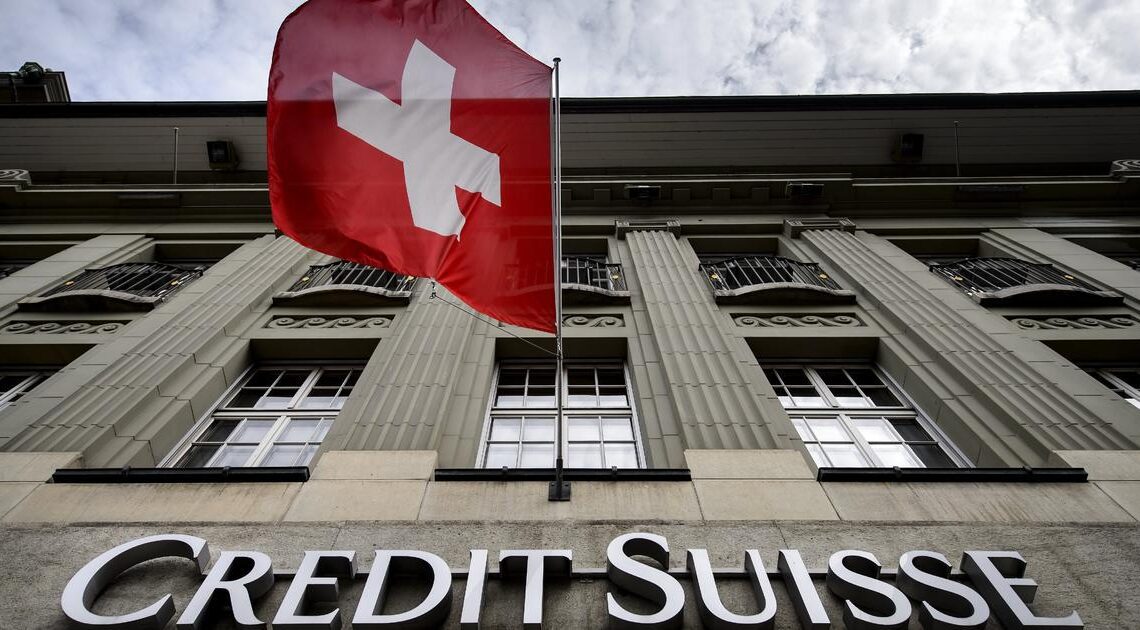Credit Suisse’s shares soared as much 30% on Thursday after it announced it will move to shore up its finances by borrowing up to nearly $54 billion from the Swiss central bank, bolstering confidence as fears about the banking system moved from the U.S. to Europe.
It was a massive swing from a day earlier, when shares of Switzerland’s second-largest commercial bank plunged 30% on the SIX stock exchange after its biggest shareholder said it would not put more money into Credit Suisse.
That dragged down other European banks after the collapse of some U.S. banks stirred fears about the health of global banks. European bank shares recovered a bit Thursday, with the Euro Stoxx Banks index of 21 leading lenders up 1.6%, following a steep 8.4% drop Wednesday. Bank stalwarts like Commerzbank, Santander, Unicredit and Raiffaisen all rose more than 2%.
Credit Suisse, which was beset by problems long before the U.S. bank failures, said Thursday that it would exercise an option to borrow up to 50 billion francs ($53.7 billion) from the Swiss National Bank.
“This additional liquidity would support Credit Suisse’s core businesses and clients as Credit Suisse takes the necessary steps to create a simpler and more focused bank built around client needs,” the bank said.
The banking turmoil has cast a shadow over Thursday’s meeting of the European Central Bank. Before the chaos erupted, ECB head Christine Lagarde had said it was “very likely” that the bank would make a large, half-percentage point rate increase to tackle stubbornly high inflation.
After European bank shares plunged Wednesday, analysts said the meeting outcome was hard to predict, with some saying the central bank might dial back to a quarter-point increase. Higher rates fight inflation, but in recent days have fueled concern that they may have caused hidden losses on bank balance sheets.
Speaking Wednesday at a financial conference in the Saudi capital of Riyadh, Credit Suisse Chairman Axel Lehmann defended the bank, saying, “We already took the medicine” to reduce risks.
When asked if he would rule out government assistance in the future, he said: “That’s not a topic. … We are regulated. We have strong capital ratios, very strong balance sheet. We are…
Click Here to Read the Full Original Article at Home – CBSNews.com…

